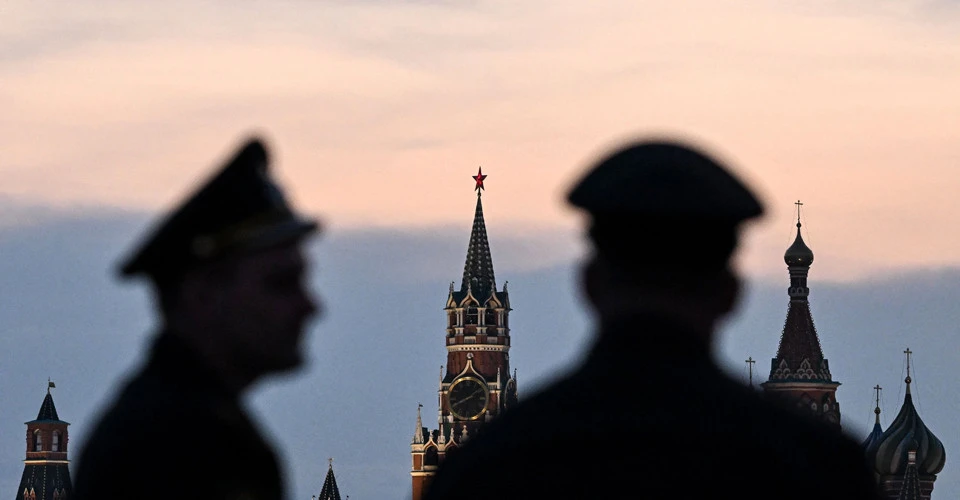
Russia’s election influence efforts become increasing advanced, U.S. intelligence warns
U.S. intelligence officials reported that Russian interference in the 2024 presidential election is more advanced than in previous cycles, with efforts to influence voters in swing states using AI to produce fake content
The Washington Post reported the information.
U.S. intelligence officials have warned that Russian efforts to interfere in the 2024 presidential election are more sophisticated and aggressive than in previous years, making them the most significant foreign threat this election season. According to a senior official from the Office of the Director of National Intelligence (ODNI), Russia has developed more advanced tactics, using artificial intelligence to quickly and convincingly create fake content. These efforts are aimed particularly at U.S. swing states, and they seek to influence the election in favor of former President Donald Trump.
One of Russia's key strategies involves using "authentic U.S. voices" to “launder” propaganda, making it appear as if divisive narratives are coming from within the country. These narratives are spread on major social media platforms and sham websites that resemble legitimate American news organizations. This tactic is designed to increase the credibility of the disinformation, as Americans are more likely to trust content they perceive as originating from other Americans.
These actions are part of Russia’s broader foreign policy goals of weakening the United States and undermining Washington's support for Ukraine. By influencing the election, Moscow hopes to shift U.S. policies in a direction more favorable to Russian interests.
Officials noted that unlike Russia, China is not trying to influence the presidential race, though it is focusing on state and regional elections. Iran has also been implicated in efforts to disrupt the election, with officials recently acknowledging that Iranian operatives were responsible for the hack of the Trump campaign and the leak of internal campaign documents.
The U.S. government has responded to these threats by taking a series of actions to counter Russian influence campaigns. This includes indicting two employees of the state-run Russian news outlet RT for paying an American media company to promote Russian-made content on platforms like YouTube, TikTok, and Instagram.
“Prosecutors also seized 32 Russian-controlled internet domains that were used in a state-led influence effort called ‘Doppelganger’ to undermine international support for Ukraine. In addition, the Treasury and State departments announced sanctions on Russian individuals and entities that are accused of disseminating propaganda,” the outlet specified.
Read also: FBI report exposes Kremlin’s Doppelgänger psyop targeting German elections
Russia’s use of influence-for-hire firms and advanced technologies, including AI, has allowed them to create synthetic content and manipulate public opinion in new ways. This level of sophistication far surpasses their efforts during the 2016 election, which took U.S. intelligence agencies by surprise.
“The main thing that struck me is they were able to launder their influence through U.S. media personalities in a way that, had they been overt as in identifying themselves as the Russian government or RT, those viewpoints would never have been disseminated,” former federal prosecutor Brandon Van Grack, who investigated Russia’s role in 2016, told the Washington Post.
While China has opted to target state and local races rather than the presidential election, Russia’s activities have become both more widespread and harder to trace. These efforts reflect a higher level of orchestration, with senior Kremlin officials, such as Sergei Kiriyenko, allegedly directing operations like the "Doppelganger" campaign.
The U.S. intelligence community, however, has also improved its ability to understand and counter these foreign influence efforts, marking an ongoing struggle between Russia’s evolving tactics and American defenses.
- News














































